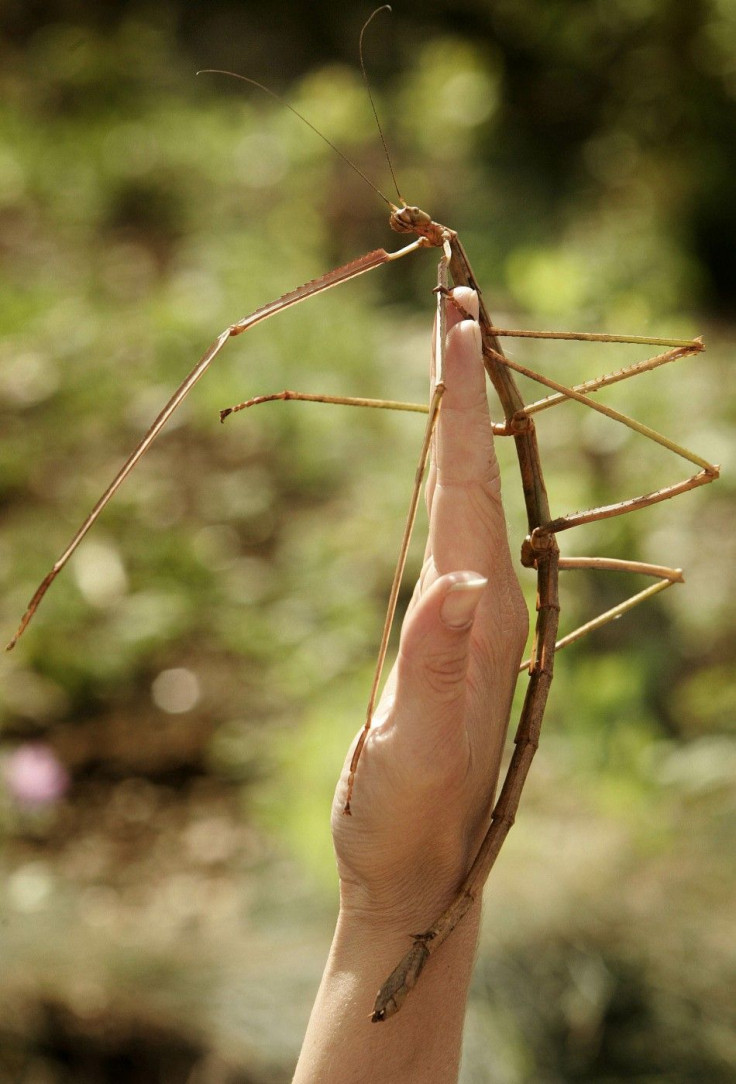Stick Insects: A lifetime Without Sex

Researchers have found that life without sex is possible after a genetic study has proved that sticks insects have served a million years without it.
After scientists in Canada investigated the DNA of Timema stick insects, they found a lengthily history of asexual reproduction, where a female is not dependent on the male to reproduce.
Dr Tanja Schwander and her team from Fraser University in Canada tested out species of the Timema Stick, finding that some types produced genetic clones of themselves without the need for egg fertilization by males.
When tracing back to the heritage of these insects, scientists found that some of the species date back to 500,000 years ago, BBC Nature reported.
All the evidence points to Timema tahoe andTimema genevievae having persisted for over one million years without sex, Dr Schwander told BBC Nature saying her research adds to evidence that asexual reproduction does not always lead to the rapid extinction of a lineage.
Results of the study published were published in the Current Biology and raised questions as to why certain species reproduced sexually as Schwander claims that at least theoretically, cloned reproduction would be more efficient.
While Schwander argues that asexuality does bring certain benefits such as rapid population growth she says repeated cloning of genes through generations means species are less able to adapt to new environments.
The focus of her next study will look at how these species have survived for so many years regardless of some of the negative consequences of cloning.
© Copyright IBTimes 2025. All rights reserved.





















